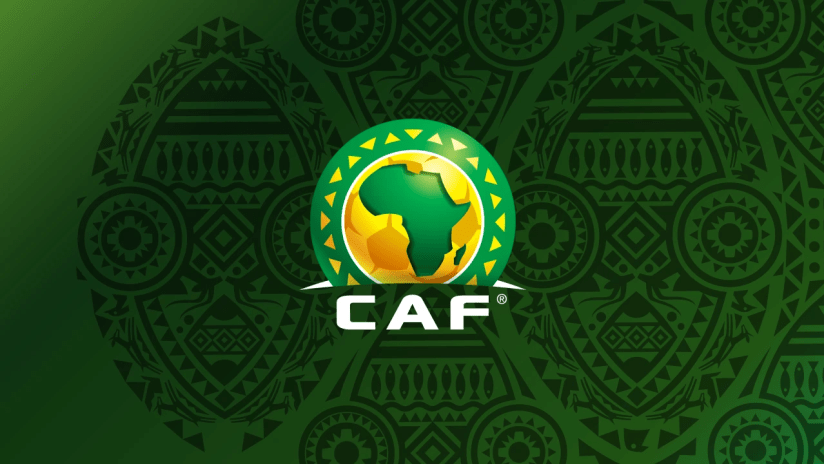The situation surrounding the Libyan Football Federation (LFF) has become increasingly tense following the recent AFCON qualifying match that was scheduled between Libya and Nigeria. The Confederation of African Football (CAF) is now demanding documentation regarding the cancellation of the match, which was supposed to take place in Libya. The match was called off after Nigeria’s national team arrived at Labraq Airport but was unable to disembark for 18 hours due to unforeseen circumstances. During this time, the team was deprived of food and water, creating a highly distressing situation. This serious violation of the team’s rights has led to allegations of misconduct and an ensuing crisis between the football associations of both nations.
In response to CAF’s request for documentation, Nasser Al-Suwaie, the Secretary-General of the LFF, affirmed that the governing body of Libyan football has until the 20th of this month to provide the required evidence regarding the cancellation of the match. Al-Suwaie has expressed confidence in the LFF’s stance, emphasizing that the organization has engaged a specialized lawyer to gather all relevant evidence to support their case. He has raised concerns about potential collusion among certain parties within CAF, suggesting that there may be external factors influencing this controversy. The LFF remains steadfast in asserting that their actions regarding the flight’s landing were dictated by the Libyan government, emphasizing the importance of respecting the sovereignty of Libya.
The challenges faced by the Nigerian team were severe, as they returned home with reports detailing the uncomfortable and hostile conditions they experienced. Team manager Patrick Pascal vividly recounted the ordeal, revealing that players had to take turns sleeping on the cold, hard floor of the airport. Additionally, he described the lack of basic sanitation, as the restroom facilities had been deliberately disrupted by local officials prior to the team’s arrival. This situation raised serious questions about the handling of the Nigerian team’s accommodations and overall treatment while they were stranded in Libya.
The incident has sparked outrage and concern, not only for the immediate parties involved but also within the broader context of African football. The lack of preparation and consideration for the players’ welfare demonstrated a significant lapse in professional standards by the Libyan authorities. As the event unfolded, it drew attention from various stakeholders, including the African football community and international football governing bodies, who are closely monitoring the situation. The need for accountability and reforms in how such events are managed has become increasingly evident.
Both the Libyan and Nigerian football associations are now under pressure to resolve this complex issue. The urgency to provide documentation to CAF suggests that the implications of this incident could extend well beyond just the cancellation of a single match. It raises concerns about the integrity of the governing bodies and the security and rights of athletes involved in international competitions. The outcome of this situation could significantly affect future engagements between the teams and may also alter the landscape of football governance within the continent.
In conclusion, the panic within the Libyan Football Federation reflects a deeper crisis that underscores the challenges faced by African football organizations. As they work to navigate the repercussions of this incident, the situation serves as a reminder of the critical need for effective governance, respect for athletes’ rights, and adherence to international standards. The Libyan Federation, while defending its position, must also contend with the potential repercussions of its handling of the crisis, both on the field and in the broader sporting community. The next steps taken by both federations may ultimately determine not only the fate of the match in question but also the future interactions and relationships within African football.


